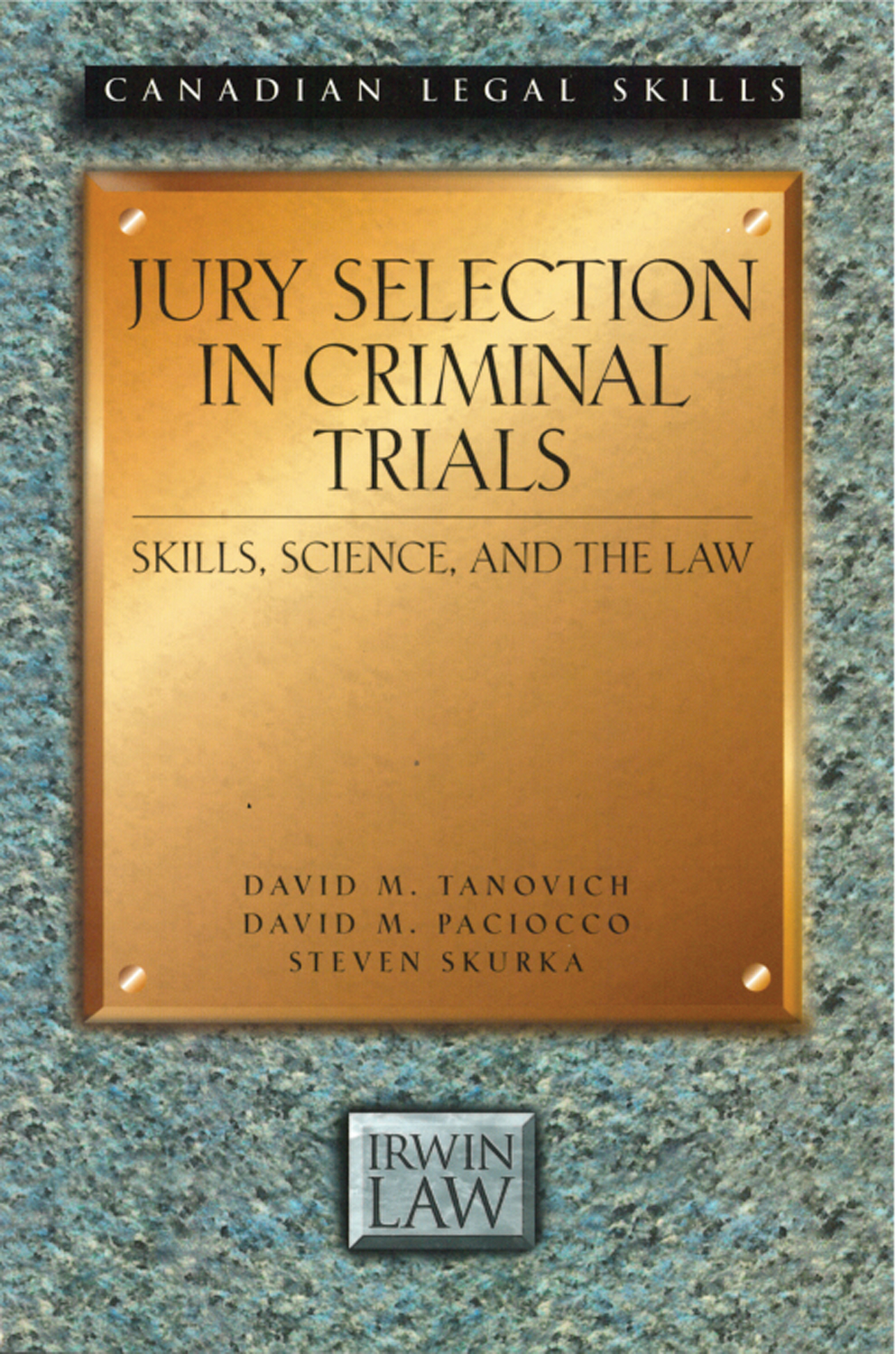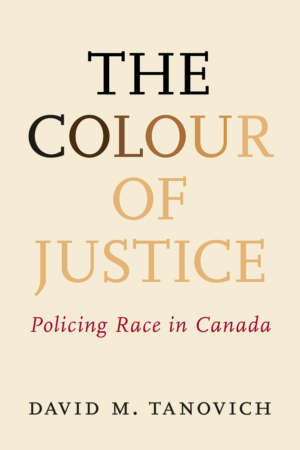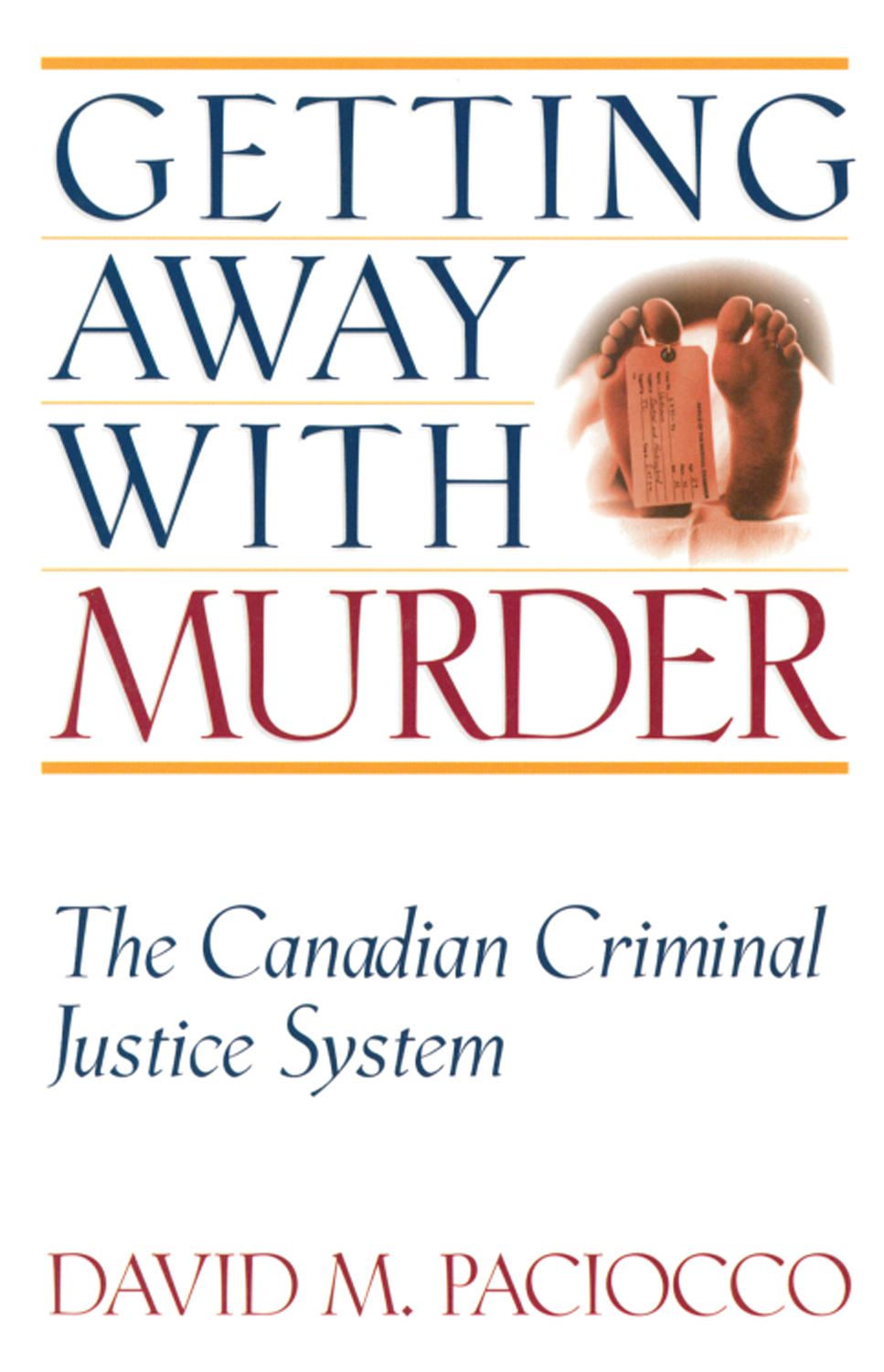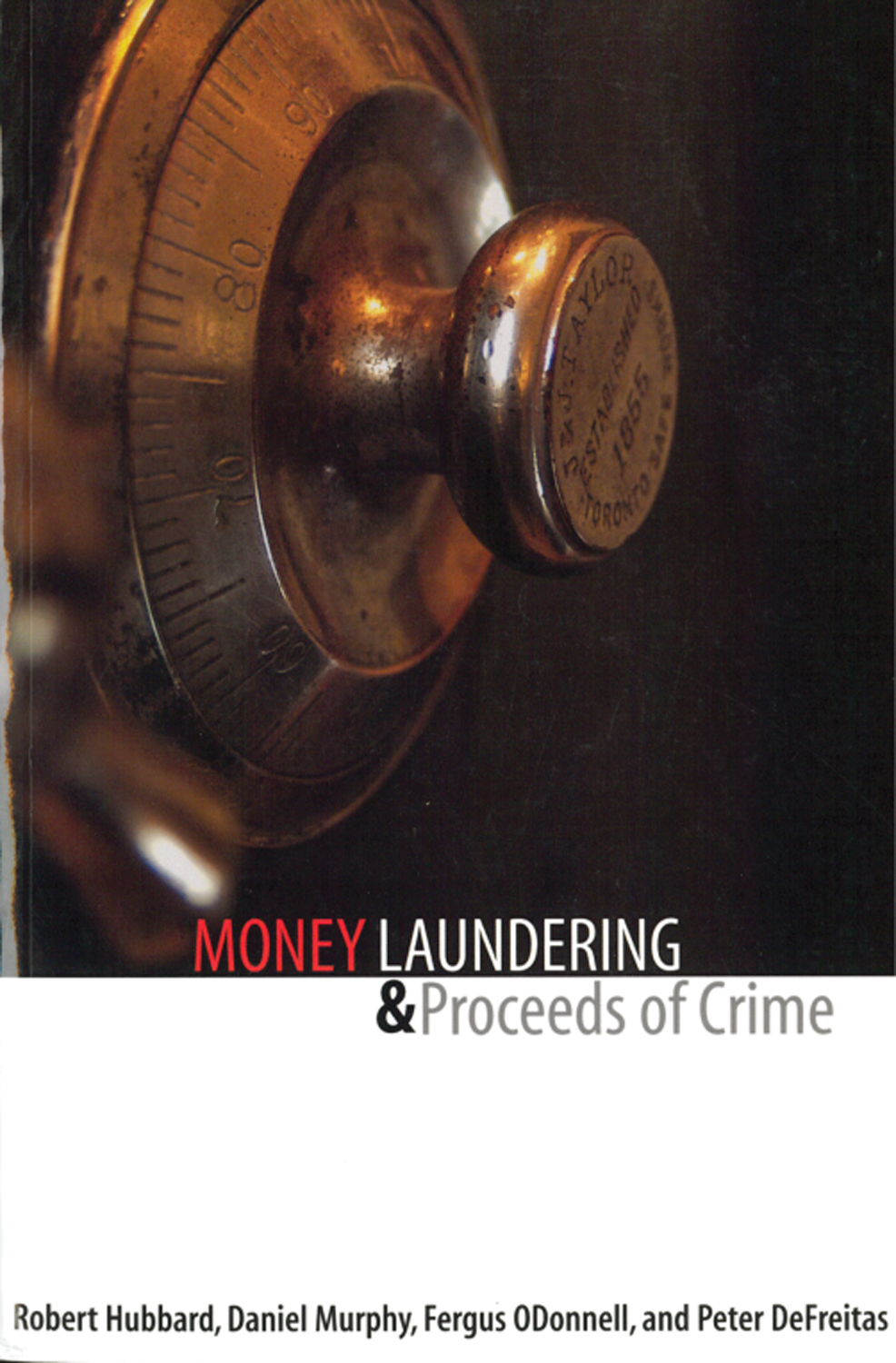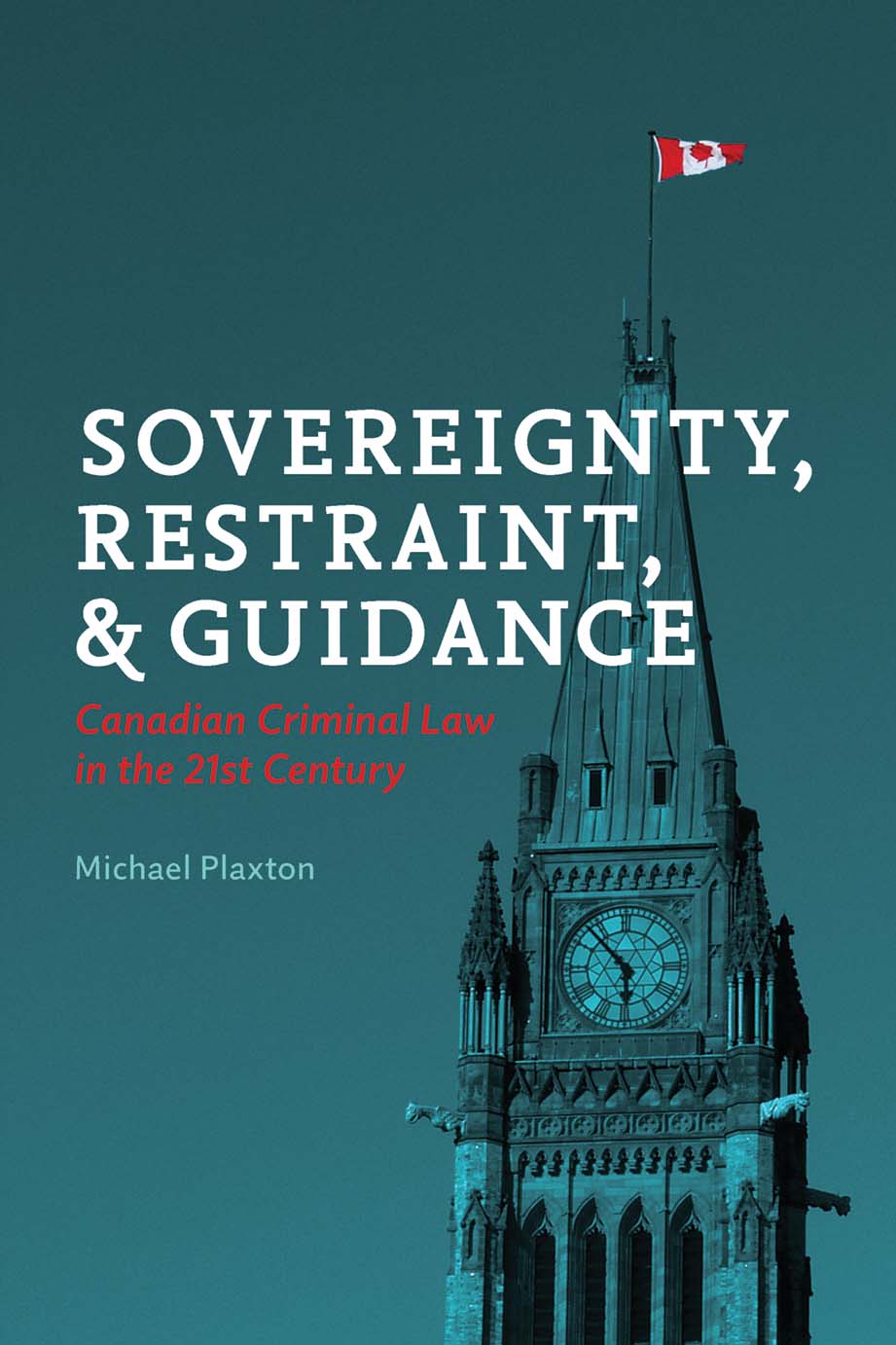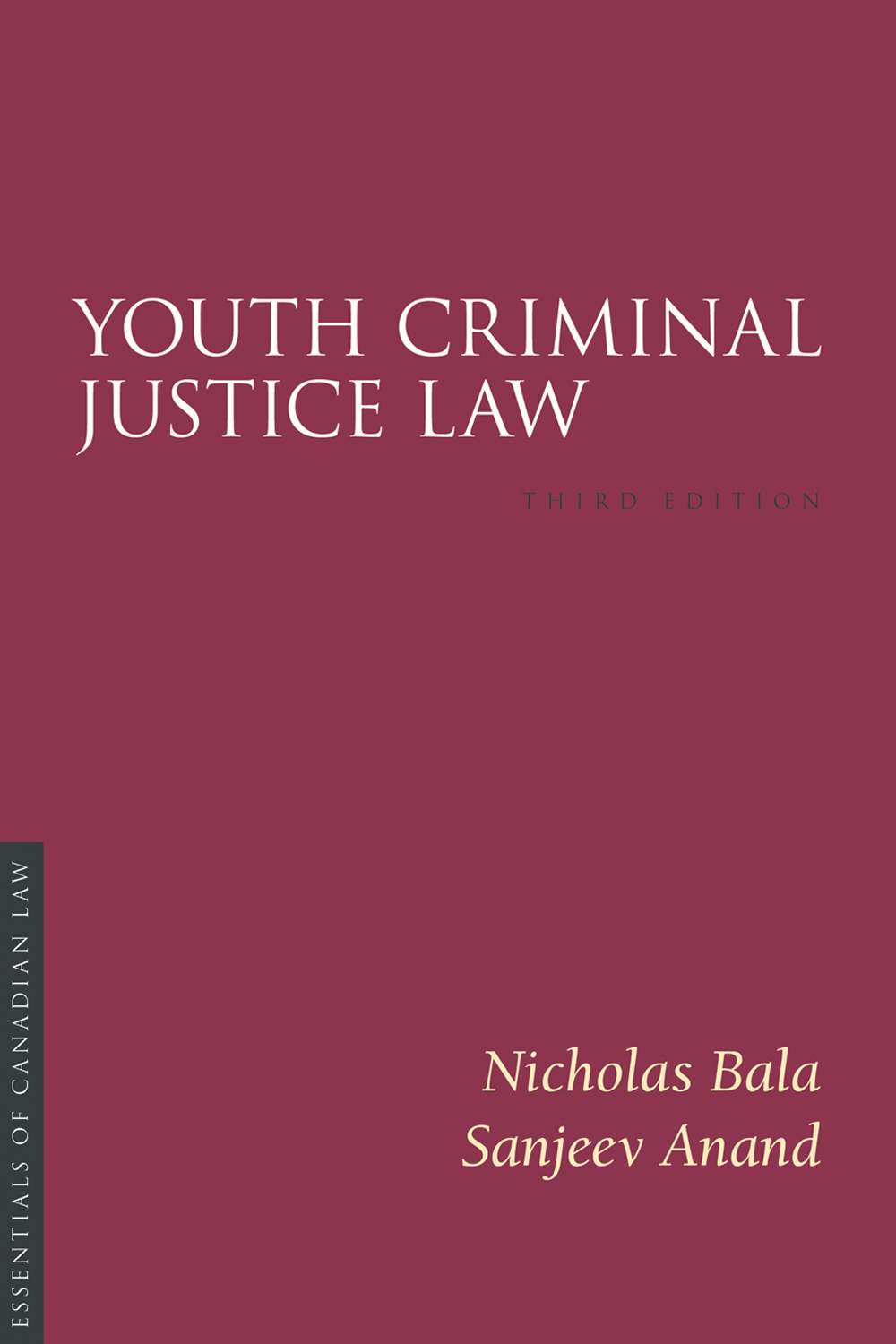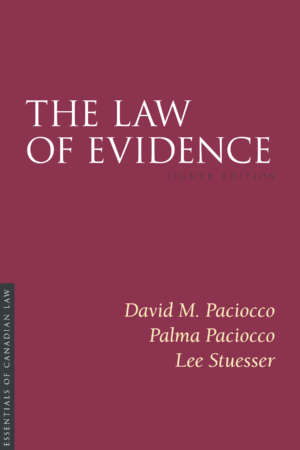Product Description
Jury Selection in Criminal Trials is the first publication in Irwin Law’s Canadian Legal Skills series. This practical guide for practitioners and the judiciary provides readers with guidance on all aspects of jury selection, from the initial decision to select trial by jury to challenges for cause and peremptory challenges. The authors, all experts in the field, provide commentary, examples, and pinpoint access to case law for both defence counsel and the Crown. The book examines the social science literature on jury selection and analyses actual selection processes in Canadian trials.
Foreword by the Honourable Mr. Justice David Doherty
Introduction
CHAPTER 1: Overview of the Jury Selection Process
CHAPTER 2: The Jury Panel
CHAPTER 3: Pre-Screening the Jury Panel
CHAPTER 4: The Meaning and Purpose of a Challenge for Cause
CHAPTER 5: Succeeding in Obtaining a Challenge for Cause
CHAPTER 6: The Mechanics of the Challenge for Cause Procedure
CHAPTER 7: The Triers of the Challenge for Cause
CHAPTER 8: The Trial of the Truth of the Challenge for Cause
CHAPTER 9: The Mechanics of Peremptory Challenges
CHAPTER 10: Practical Jury Selection Tips
CHAPTER 11: Peremptory Challenges and the Charter
APPENDIX I: Challenge for Cause in Sexual Assault Cases
APPENDIX II: Affidavit of Neil Vidmar
APPENDIX III: Provincial Jury Acts
APPENDIX IV: Criminal Code Provisions
Table of Cases
Index
“What there is to say about jury selection in Canada, Tanovich, Paciocco and Skurka have said it and they have covered the field. This is the authoritative book on selecting a jury in Canada.”
David Schermbrucker, Criminal Lawyers’ Association Volume 18, Number 5, October 1997
“…a lucid and timely exposition of the changing and evolving process of jury selection, designed for the criminal bar … . That it also demonstrates a range of tactics and techniques for advancing difficult legal arguments makes it more than usually helpful.”
Dianne L. Martin, (1998-1999) 30 Ottawa L. Rev. 318-322

